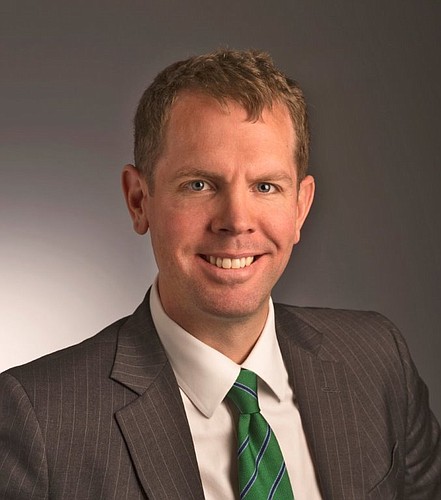
The Florida Constitution Revision Commission has finished the first phase of its work. The 37-member group, formed in February, has completed a series of meetings around the state at which the public was invited to share views on ways to improve the state constitution.
The commission received more than 2,000 proposed amendments. Residents had until Oct. 6 to submit proposals. The proposals were forwarded to various committees for consideration and research. To receive consideration from the full CRC, a proposed amendment from the public must have been sponsored by a member of the commission and then receive at least 10 votes from other commissioners.
The CRC members also unilaterally filed proposed amendments. Their deadline to do so was Tuesday. Commissioner-sponsored amendments needed no additional support to move forward for consideration by the full panel.
The commission has drawn criticism over the fact that just six of 2,013 proposals submitted by the public advanced forward for consideration.
By comparison, the last commission in 1997-98 advanced 128 of 696 publicly filed proposals.
The current commission stated the low number does not accurately represent the impact the public has had on the process thus far. The commission’s website (flcrc.gov) points out that the subject matter of many commissioner-led proposals is consistent with multiple public proposals.
Also, the group received many duplicate proposals. For example, Commissioner Sherry Plymale sponsored a measure seeking to open party primaries to more voters when the only opposition is a general election write-in candidate. There were approximately 20 proposals seeking similar outcomes submitted by members of the public.
Other public proposals moving forward include:
Other proposals of note include:
Next, the commission will hold a series of meetings to discuss and accept public comment on the surviving proposals.
When the final votes are held, at least 22 of the commissioners must vote to approve an amendment for it to be presented to the voters on the November 2018 general election ballot.
Until 2006, a proposed constitutional amendment needed only 50 percent of the popular vote to become law. Now, if 60 percent of the voters approve an amendment, it will become law.
Brian Coughlin is a partner at The Bedell Firm. His practice focuses on matters of criminal justice.